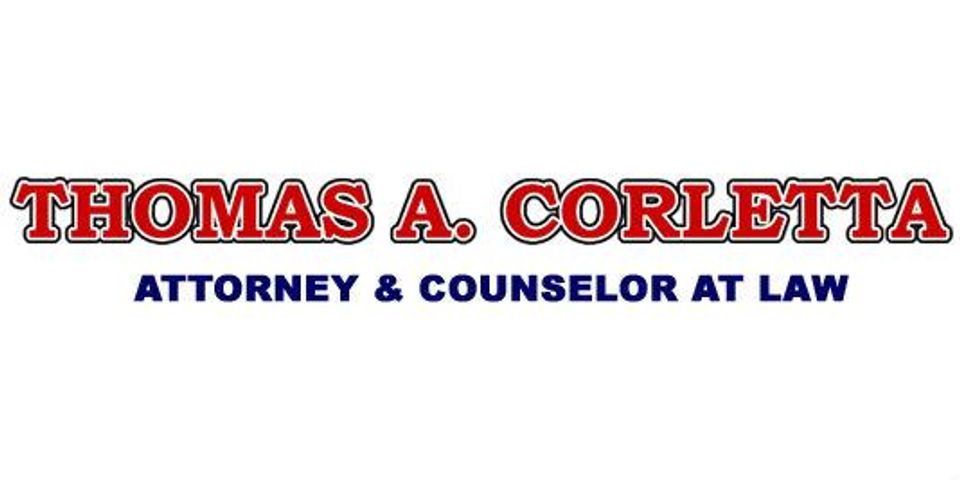Review The Facts from The People v. C.E.

People v. C.E. (Gates Tn. Ct., 1/29/18)
Mr. Corletta obtained still another outstanding result in a DWI case in People v. C.E. (Gates Tn. Ct., 1/29/18).
In that case, Mr. Corletta's young client, a successful college student with a bright future, was charged with Driving While Intoxicated, Refusal to Submit to a Chemical Test, and four underlying traffic violations. Actual driving was not observed by the arresting Trooper, who expressed these allegations in conclusory statements in a poorly prepared Accusatory Instrument.
Tackling the matter head on, Mr. Corletta first confronted the Trooper at a New York State DMV Refusal Hearing, and was able to persuade an ordinarily tough DMV Judge to dismiss the Refusal charge against his client, due to the Trooper's failure to follow proper procedure.
His client's license now restored, Mr. Corletta then tackled the criminal case. He first achieved dismissal of 2 of the underlying traffic violations by Motion. Another Motion to Dismiss the DWI charge for facial insufficiency was reserved upon by the Court, and a Probable Cause Hearing scheduled. Prior to the Probable Cause Hearing being actually held, Mr. Corletta again vigorously reargued the Dismissal Motion, stepping up his attack on the DWI Accusatory Instrument.
The Town Justice was impressed by Mr. Corletta’s argument; as he pointed out specific defects in the Accusatory Instrument that clearly showed the Trooper had not observed the manner of operation of Defendant’s vehicle, or why the “motor vehicle accident”; which occurred on icy roads and could have happened to anyone, occurred.
The Court appeared on the verge of granting the Motion, but was hesitant. The Court called a conference, and asked the Assistant District Attorney if the People would recommend a reduction to a lesser charge. Anticipating this, Mr. Corletta had already discussed it with his client. Mr. Corletta accepted the plea to the lesser included traffic infraction of Driving While Ability Impaired on behalf of his client, which carries none of the severe punishments a Driving While Intoxicated conviction carries.
Mr. Corletta’s client instead received the minimum punishment available for an alcohol-related charge in New York. Of the original 5 charges, Mr. Corletta’s client was convicted of none, and was not convicted of refusing to submit to a chemical test, which would have involved an automatic one year license revocation.
The Court even complemented Mr. Corletta on a job well done. This disposition preserved his young client's record, which was important for the client’s future. It also allowed the client to continue to drive for work and school.
About the Business
Have a question? Ask the experts!
Send your question

